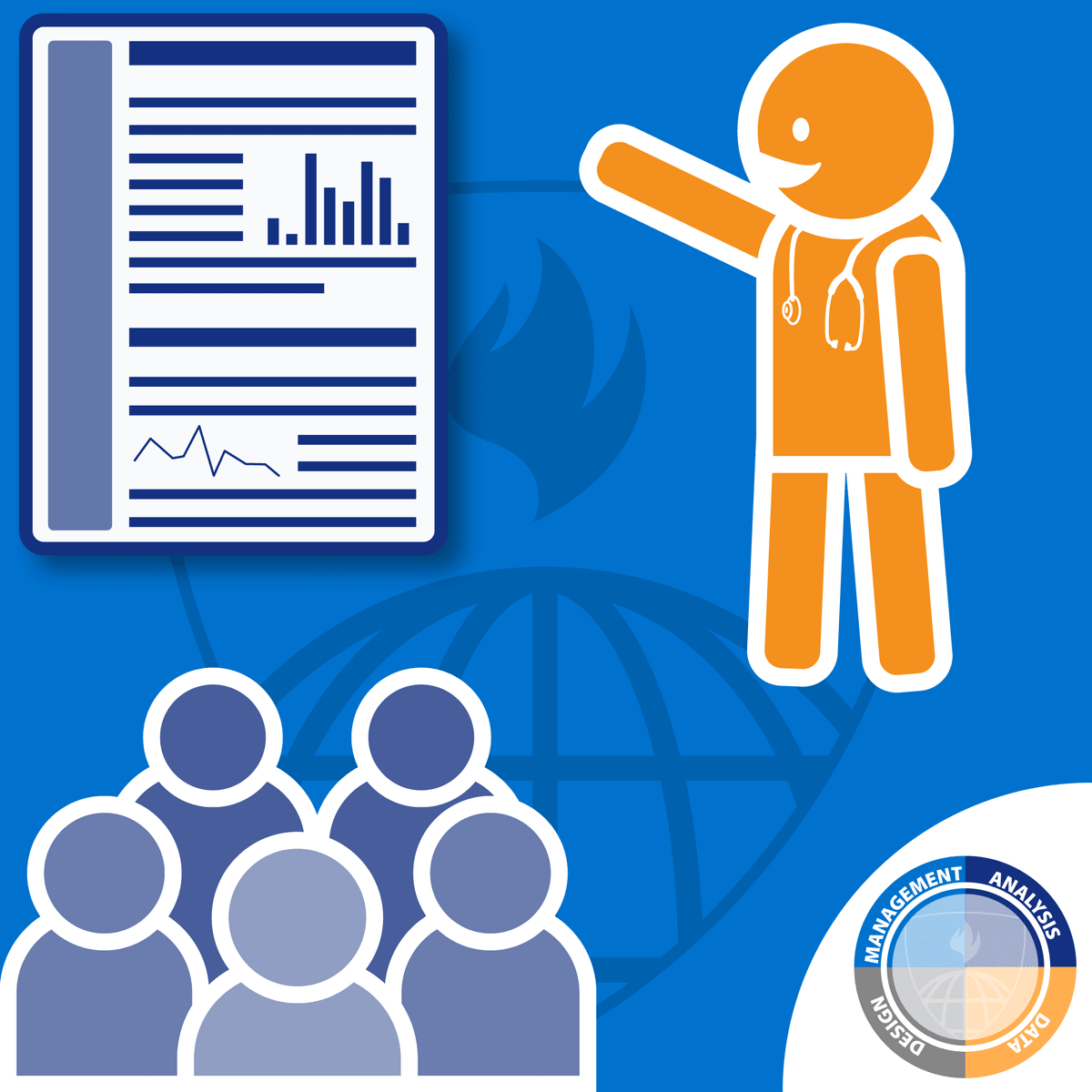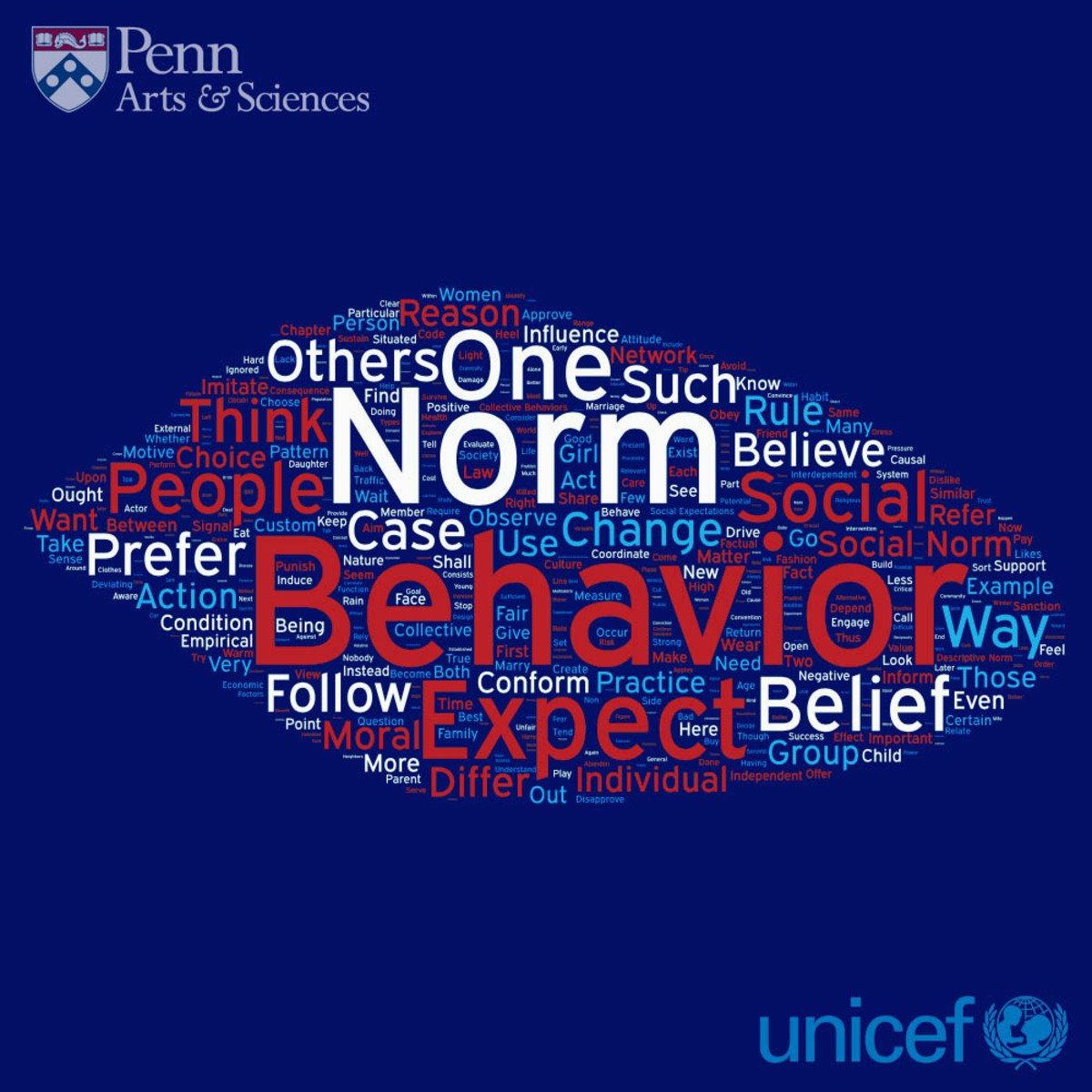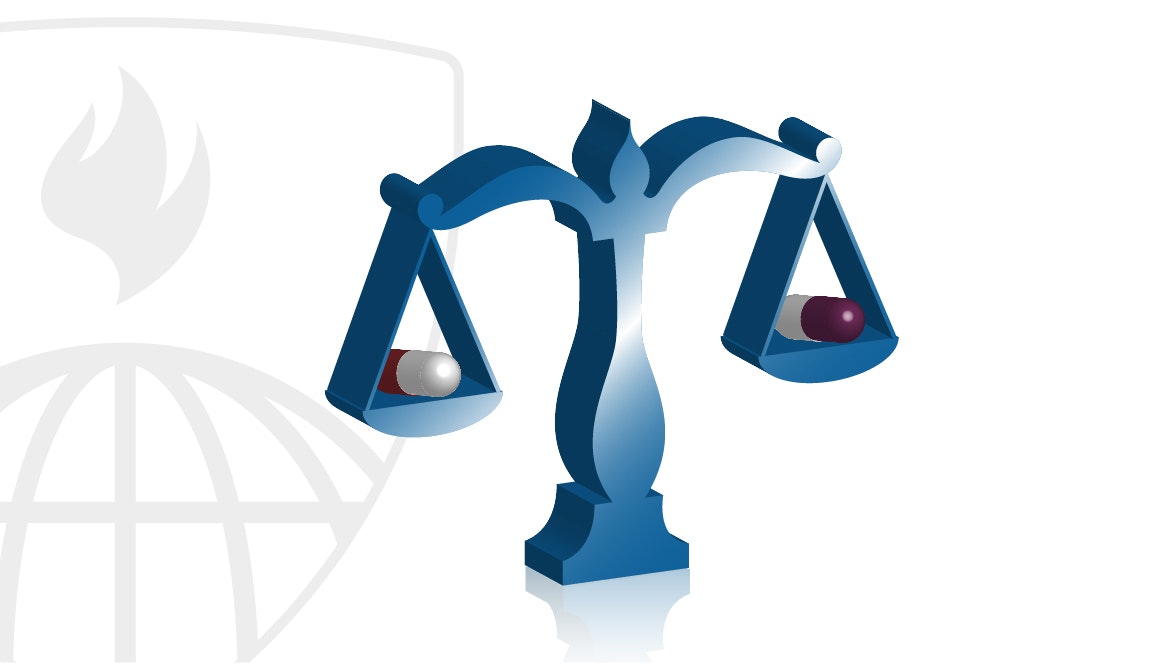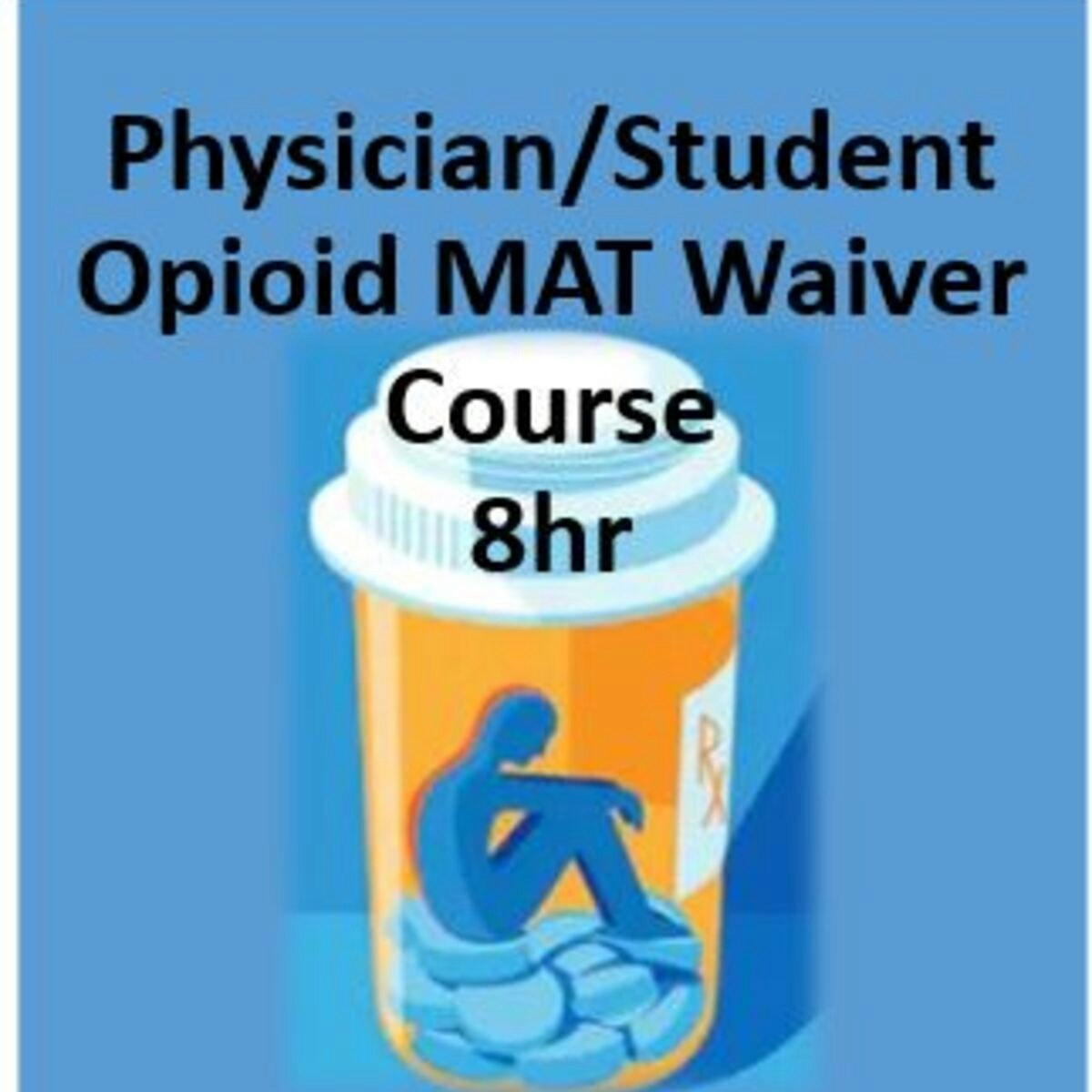Back to Courses









Life Sciences Courses - Page 18
Showing results 171-180 of 644
Clinical Trials Management and Advanced Operations
In this course, you’ll learn about the more advanced elements of managing clinical trials. From anticipating and planning for protocol events to conducting systematic reviews to synthesize evidence, you and your study team need the skills to implement best practices throughout the trial process. You’ll learn how to recognize and respond to problems and adverse events, comply with regulations, and participate in frameworks that promote transparency. You’ll also learn how systematic review and meta-analysis is used to synthesize evidence from multiple sources. Finally, you’ll learn how your research can benefit from the adoption and consistent use of standardized study documents.
Positive Psychology: Martin E. P. Seligman’s Visionary Science
Dr. Martin E.P. Seligman—renowned worldwide as the “father of Positive Psychology”—has led visionary leaps in the scientific research, empirical data and personal understandings of human flourishing. This course explores the past, present and future of positive psychology as a journey through the key scientific leaps led by Dr. Seligman and his colleagues at the University of Pennsylvania's Positive Psychology Center and Master of Applied Positive Psychology program.
There are no prerequisites.

Environmental Health: the Foundation of Global Public Health
The first course of the Impacts of the Environment on Global Public Health specialization will provide you with a foundation in environmental health sciences (EHS). We will explore four main topics. The first is an introduction to EHS and the exposure-disease model – a very useful framework for understanding the influence of the environment on human health. The second topic is key concepts in EHS and environmental health policies that can be used to address and reduce the impacts of environmental health hazards. The third topic is the application of systems thinking to understand and analyze environmental health issues. The fourth and final topic is occupational health, which is a key environment that represents a major source of morbidity and mortality from a public health perspective.

Nursing Informatics Leadership Theory and Practice
“By the end of this Course, you will be able to…”
• Evaluate effective leadership styles for leadership in nursing informatics in clinical or academic contexts to improve leadership success.
• Discover core values that support effective nursing informatics leadership in academic and clinical contexts to inform development of a personal leadership mission statement.
• Discover competing values and polarities related to knowledge leadership and management to promote successful leadership collaboration.
• Determine your personal informatics leadership style based on results from the Minnesota Informatics Leadership Inventory to inform successful leadership practice.
• Discuss the value and importance of foresight leadership in nursing informatics to anticipate trends and consequences that are likely to transform the learning health care system

Social Norms, Social Change II
This course is Part 2 of the Social Norms, Social Change series. In this course, we will examine social change, the tools we may use to enact change, and put into practice all we have learned in Part 1. See Social Norms, Social Change Part I at this link: https://coursera.org/learn/norms
This course covers scripts and schemas, the cognitive structures in which social expectations are embedded, and their relationship with social norms. The course then examines the essentials of norm abandonment, including the relations between personal beliefs and social expectations. We will also evaluate existing intervention strategies, including legal reforms, information campaigns, economic incentives, and group deliberations. Finally, we look at a variety of tools policy makers may use to effect change, highlight the role of trendsetters in social change, and explore the conditions under which they can be successful. The course is a joint Penn-UNICEF project."
Please see the following link for a 30% discount on the book that accompanies this course:
https://global.oup.com/academic/product/9780190622053/?cc=us&lang=en&promocode=AAFLYG6

Community Change in Public Health
In bringing about behavior change in public health, we often focus on the individual mother, student, or farmer. We should not forget the community structure and norms constrain for encouraging individual health behaviors. This course examines the community context of the changes needed to promote the public’s health. We begin by examining the various definitions of ‘community’ and the processes by which we ‘diagnose’ or seek to understand the structure and characteristics of different types of communities.
An appreciation of community similarities and differences is necessary lest we fall into the trap of designing one-size-fits-all interventions. We need to recognize that no matter that outsiders may view a community as poor or neglected, we can find strengths and capacities for improvement in each community. Identifying community capacities and resources is the first step in facilitating community change. Different practical and philosophical approaches to change and therefore, examined. Specific to the change process is our recognition of the need for communities to participate in the design, implementation and evaluation of any intervention.
We examine the concept of participation in an effort to see how different levels of involvement may affect sustainability of community change efforts. Finally a case study of a community participatory approach to onchocerciasis control in Africa is presented. Community Directed Intervention has subsequently been successfully applied to providing other essential primary health care services by and in the community, such as insecticide treated bednets, malaria treatment, vitamin A distribution, deworming medicines, and pneumonia and diarrhea case management.

A Life of Happiness and Fulfillment
What are the determinants of a happy and fulfilling life?
This is surely one of life’s biggest questions, and a question that has interested many of our ancestors. Buddha famously gave up his kingdom in search of happiness. Several Greek philosophers (from Aristotle to Epicurus and Plato to Socrates) had their own views on what it takes to be happy. And of course, we all have our own theories about happiness too.
How valid are our theories?
Until recently, if you wished for an answer to this question, you would've been forced to base it on discussions with spiritual leaders. Or, if you were lucky, you could've based it on late-night (and perhaps intoxicant-fueled) conversations with friends and family. Happily, all that has changed now. Over the past decade-and-a-half, scientists have gotten into the act big time. We now have a pretty good idea of what it takes to lead a happy and fulfilling life.
This course, based on the award-winning class offered both at the Indian School of Business and at the McCombs School of Business at The University of Texas at Austin, developed by Prof. Raj Raghunathan (aka "Dr. Happy-smarts") draws content from a variety of fields, including psychology, neuroscience, and behavioral decision theory to offer a tested and practical recipe for leading a life of happiness and fulfillment.
Although not mandatory, reading Prof. Raj's forthcoming book, titled If you're so smart, why aren't you happy? can help you review and assimilate the material covered in this book at your leisure.
For Coursera learners alone, the hardcover version of the book is available for a deep discount of 50%, plus shipping and handling. You can order the hardcover for 50% off by writing to Aaron at: Aaron@800ceoread.com. Please mention that you are a student of the "coursera happiness course" in your email.
The course will feature guest appearances by several well-known thought leaders, including:
- Dan Ariely (author of Predictably Irrational and, soon to be released, Irrationally Yours),
- Ed Diener (“Dr. Happiness”),
- Mihaly Csikszentmihalyi (author of Flow),
By taking this course, you will discover the answers to questions such as:
- Why aren’t the smart-and-the-successful as happy as they could—or should—be
- What are the “7 Deadly Happiness Sins” that even the smart and the successful commit?, and
- What are the “7 Habits of the Highly Happy” and how can you implement them in your life?
By the end of the course, I expect students who have been diligent with the lectures and exercises to not just gain a deeper understanding of the science of happiness, but to also be significantly happier.

Design and Interpretation of Clinical Trials
Clinical trials are experiments designed to evaluate new interventions to prevent or treat disease in humans. The interventions evaluated can be drugs, devices (e.g., hearing aid), surgeries, behavioral interventions (e.g., smoking cessation program), community health programs (e.g. cancer screening programs) or health delivery systems (e.g., special care units for hospital admissions). We consider clinical trials experiments because the investigators rather than the patients or their doctors select the treatment the patients receive. Results from randomized clinical trials are usually considered the highest level of evidence for determining whether a treatment is effective because trials incorporates features to ensure that evaluation of the benefits and risks of treatments are objective and unbiased. The FDA requires that drugs or biologics (e.g., vaccines) are shown to be effective in clinical trials before they can be sold in the US.
The course will explain the basic principles for design of randomized clinical trials and how they should be reported. In the first part of the course, students will be introduced to terminology used in clinical trials and the several common designs used for clinical trials, such as parallel and cross-over designs. We will also explain some of the mechanics of clinical trials, like randomization and blinding of treatment. In the second half of the course, we will explain how clinical trials are analyzed and interpreted. Finally, we will review the essential ethical consideration involved in conducting experiments on people.
Future Healthcare Payment Models
This course will review the drivers of healthcare cost and solutions that have been proposed to address cost, quality and value of health care. Many point blame for high costs on payment models that pay healthcare providers for every service they provide to patients, essentially paying more for volume and service intensity. This is called a Fee for Service (FFS) payment model. Some solutions, arguably the more sustainable solutions, are the combined strategies of new payment models, care management, insurance plan designs, consumer engagement tools, and technology.
Using that information we will explore various situations, showcasing coordinated care and payment strategies that can be implemented to improve patient health and the cost of delivery of healthcare services.
By the end of this course, the learner should be able to:
1. Identify the drivers and trends of healthcare spending from the perspective of various stakeholders, including medical providers, insurers, government and private purchasers and payments
2. Critically assess the impact of strategic and financial approaches that have been put in place by the ACA and the various modifications.
3. Evaluate how healthcare payment models currently work and the new direction that value-based payment is taking.
4.Identify how financial and non-financial metrics can be appropriately combined to improve a healthcare stakeholders’ value proposition.

Physician/Student Opioid Use Disorder Medication Assisted Treatment Waiver Training
This online course opportunity is made possible through a joint partnership with University of Virginia School of Medicine (UVASOM) and Nursing (SON) and the American Academy of Addiction Psychiatry (AAAP), Data 2000 sponsor for this MAT waiver training. This content was created by the AAAP and has been used with permission. This course is designed to highlight important issues affecting prescribing clinicians regarding the new requirements and guidelines in opioid prescribing and management for acute and chronic pain management. The course consists of 8 individual sessions of the required 8 hours of content for physicians who wish to apply for a waiver to prescribe buprenorphine for the treatment of opioid use disorders. Sessions include a non-graded pre assessment and 8 recorded audio sessions with graded post-module questions the total of which must be completed with 80% accuracy. Some modules contain a case study component. A certification of completion will be issued for successful completion of the entire training. Students who successfully complete the course during their educational program can apply for their waiver when they obtain their full DEA license.
Estimated time to complete this activity: 9.5 hours
Release date: March 1, 2020
UVA Grant Dates: 09/30/2019 – 09/29/2022
Funding for this initiative was made possible by a grant from SAMHSA. The views expressed in written conference materials or publications and by speakers and moderators do not necessarily reflect the official policies of the Department of Health and Human Services; nor does mention of trade names, commercial practices, or organizations imply endorsement by the U.S. Government.
Popular Internships and Jobs by Categories
Find Jobs & Internships
Browse
© 2024 BoostGrad | All rights reserved